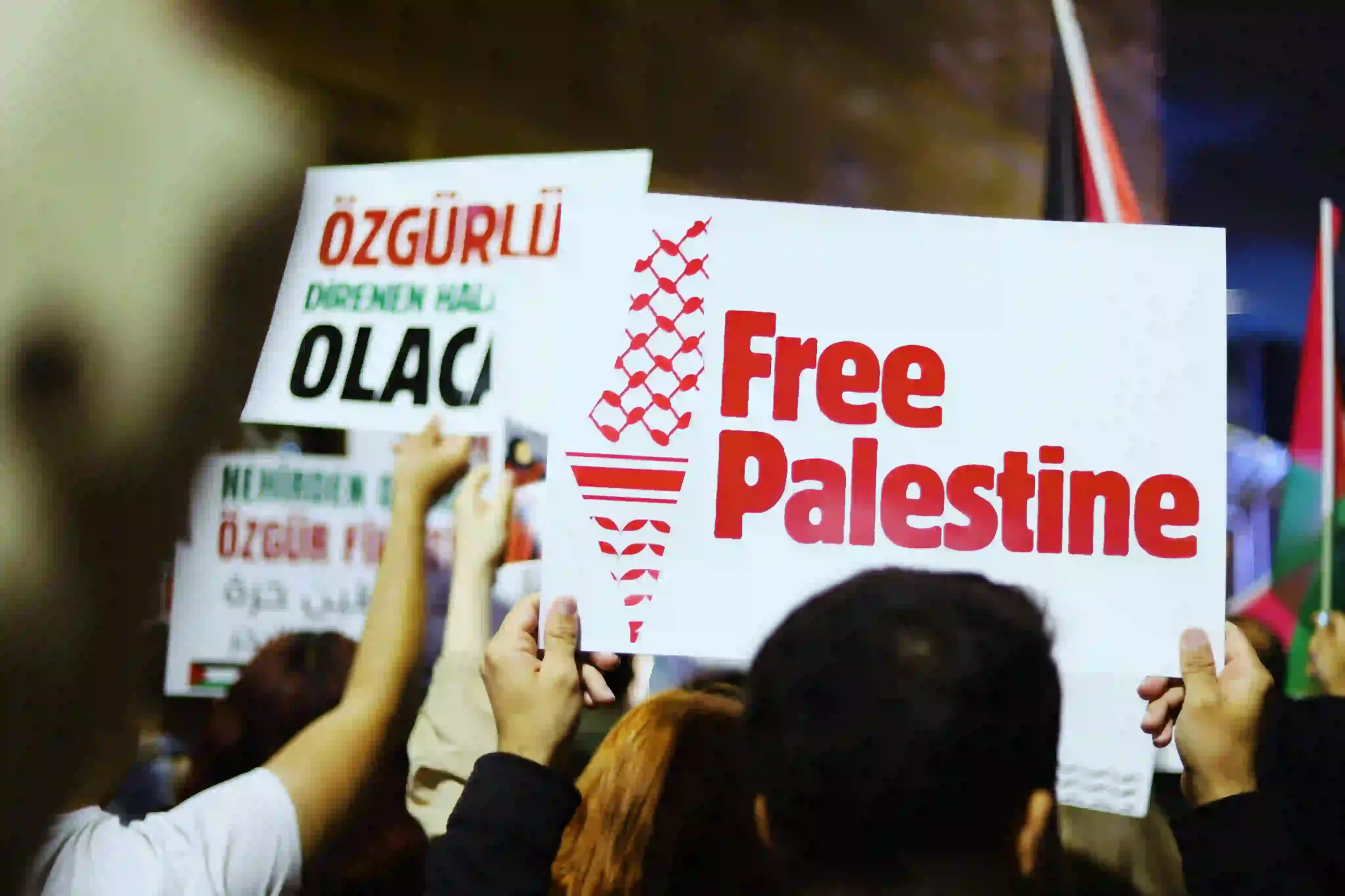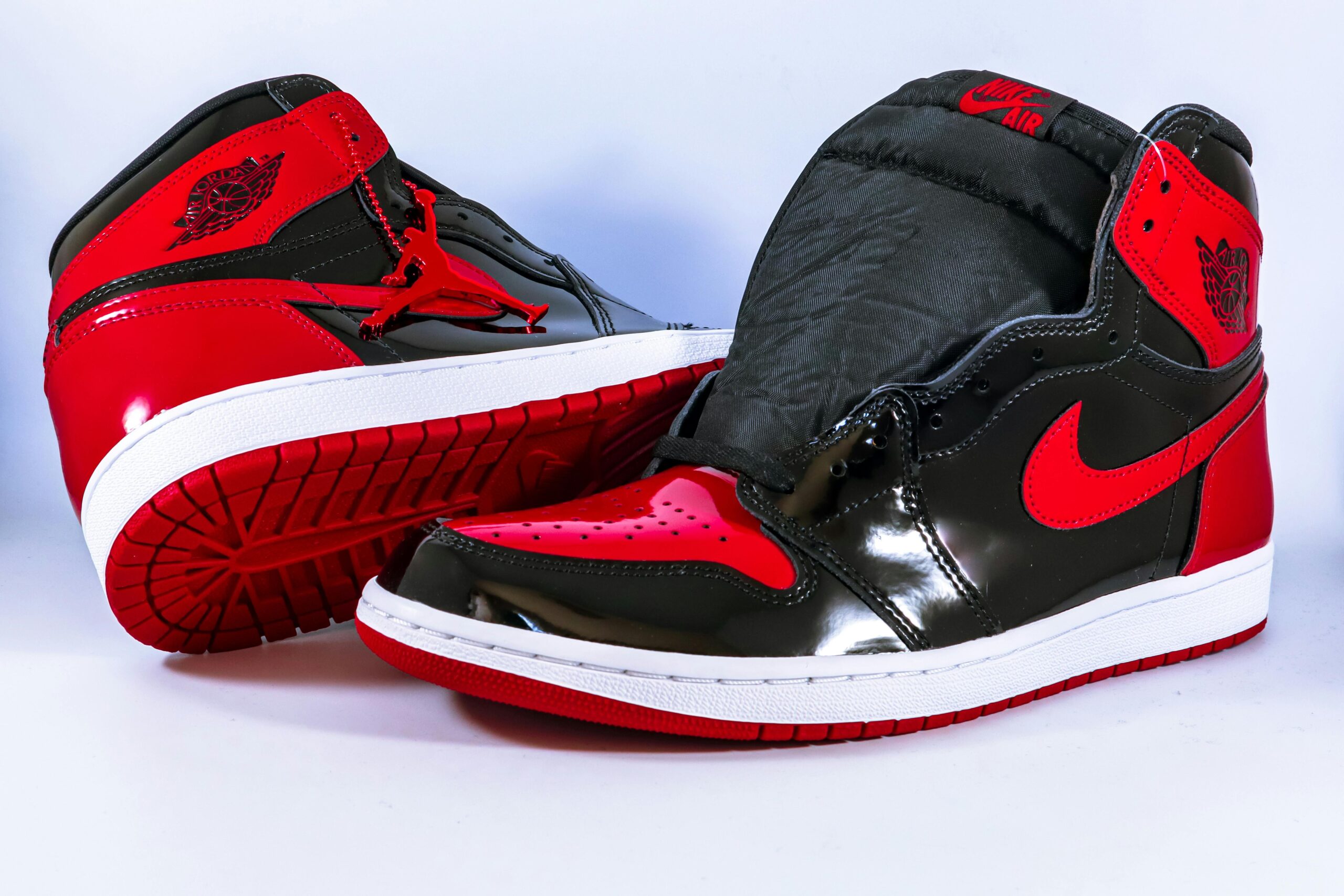Political instability is a crisis situation within a country that can have numerous causes developing over time or one issue at a very fast pace. It can also be violent in nature.
Political instability may be the result of a lack of consensus, a failure to materialize the sense of ‘nationhood’ in the citizenry, dictatorship, economic instability or foreign influence. Frequent changes in governments (or attempts to do so), internal dissensions and labour disputes, involvement in border clashes with neighbouring countries or a rise in violence are other possible factors that can cause political instability.
Political Stability
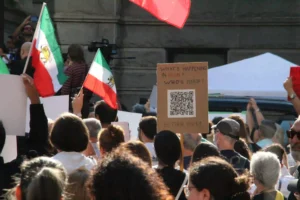
Political stability is the ability for a government to provide essential services. It is also related to predictability in that a stable government acts in ways that are expected by the people.
Stable governance allows the basic needs of the population to be met, minority rights are guaranteed, and conflicts are managed peacefully through inclusive political processes. It also provides a framework for citizens to participate in politics and an independent media.
Stable governments often develop a strong foundation for good governance and build the public’s trust in their institutions. They also provide social cohesion and ensure economic development. These countries are also likely to be more tolerant, inclusive and progressive.
Dictatorship

Dictatorship is a type of government in which a single person or party has complete control over their country. This means that whatever they say goes, no matter what their citizens think.
Dictators have complete power over the armed forces and can use force to keep their people in line. They also often use propaganda to influence their people.
In dictatorships, there is no importance given to the individual and he is not allowed to have adequate liberty to develop his personality. In this system, there is a tendency for rebellion and revolution, which can lead to instability in the country.
Dictators rely on their own charisma to maintain control, placing loyal followers in positions of power. They also foster cult-like feelings of loyalty and nationalism among their people. They are supported by the military and are often backed by a group of powerful people.
Coup d’etat
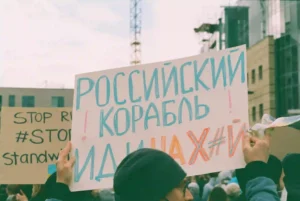
Coup d’etat is a type of political upheaval that takes place when a small group seizes state power. It is different from other types of civil unrest like revolutions, which often involve broad majority support, and war, which usually involves large numbers of deaths.
There are a variety of theories that attempt to explain why and where coups occur. Some theories are concerned with macro social and economic factors, such as population size or the quality of political institutions, while others focus on military elites or psychological qualities of coup leaders.
The battle approach, most associated with Edward Luttwak (Coup D’etat – A Practical Handbook), emphasizes tactics and the comparative strength of rebels and loyalists, assuming that the stronger side will win.
However, many coups d’etat do not resemble battles and do not involve a great deal of violence. In fact, Napoleon’s 1799 capture of Paris is thought to have gone off without a single death.
Civil War
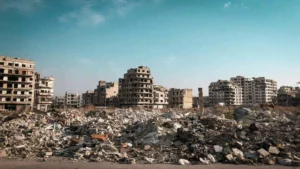
A civil war is a violent conflict within a country fought by organized groups that aim to take power at the center or in a region, or to force a major change in policy.
Scholars typically use two criteria to determine whether a conflict is a civil war: it must involve at least 1,000 dead on both sides, and it must be fought over a long period of time. In addition, the groups must be from the same country and fighting for control of the political center or a separatist state, or to force a major change in government policies.
Other factors, such as the status of international borders, may also play a role in the outbreak and evolution of civil conflicts. Borders formally delineate states’ sovereignty, and they generate different constraints and opportunities for governments and rebels.
FAQs
Q: What are the effects of political conflict?
Ans: Conflicts often have a basis in economics and inequality, destabilising communities by slowing economic development and increasing insecurity, and therefore have a profound effect in the developing world[17].
Q: What is the meaning of political stability?
Ans: Political stability is a situation characterised by the preservation of an intact and smoothly functioning government or political system, avoiding significant disruptions or changes over an extended duration.
Q: How did conflict affect the political climate?
Ans: In Europe, conflicts such as the Napoleonic Wars and the First World War led to political instability, territorial changes, and the rise of new political ideologies.
